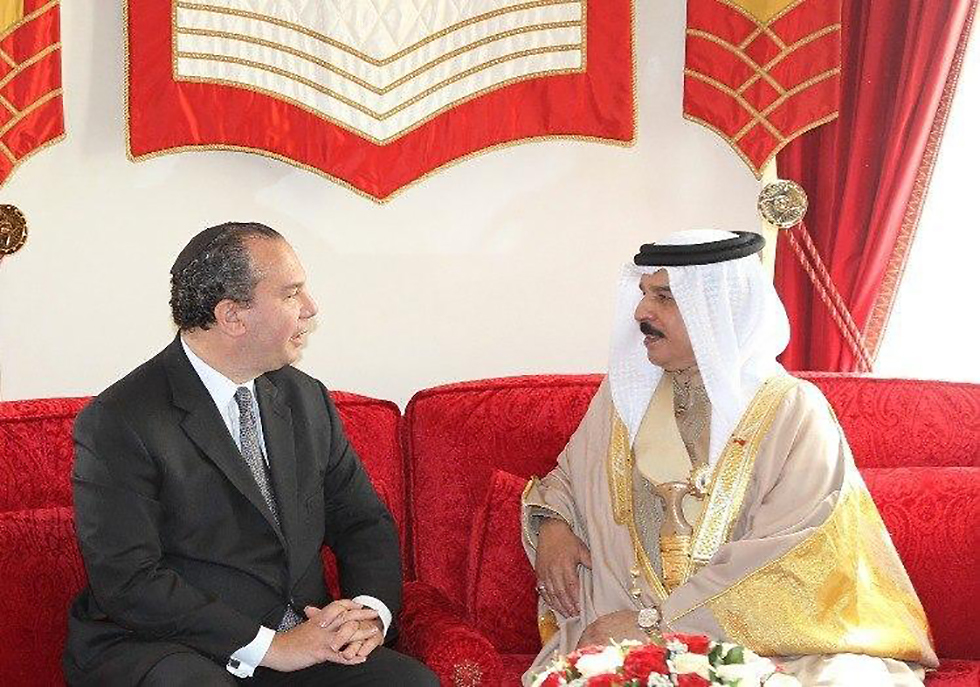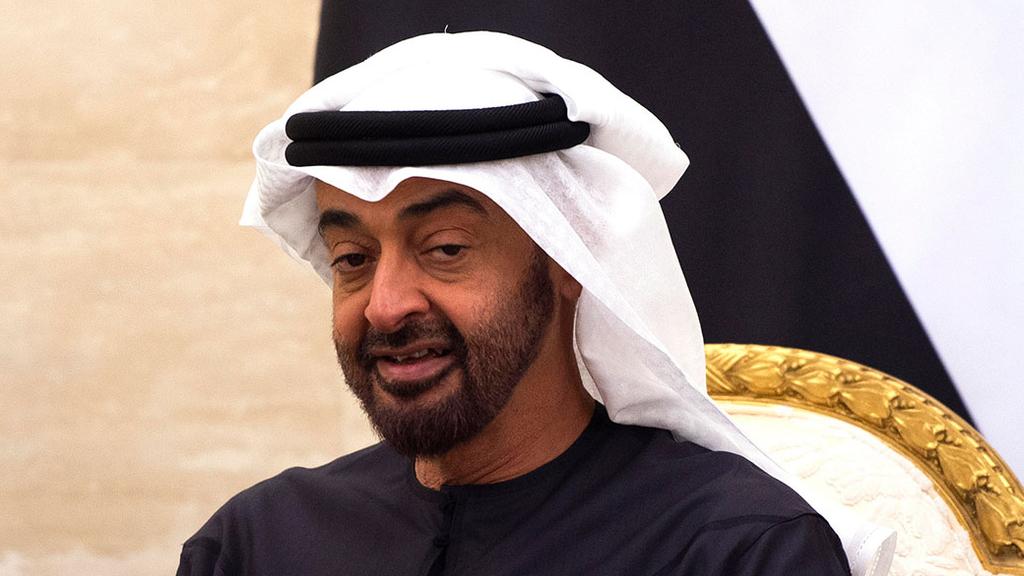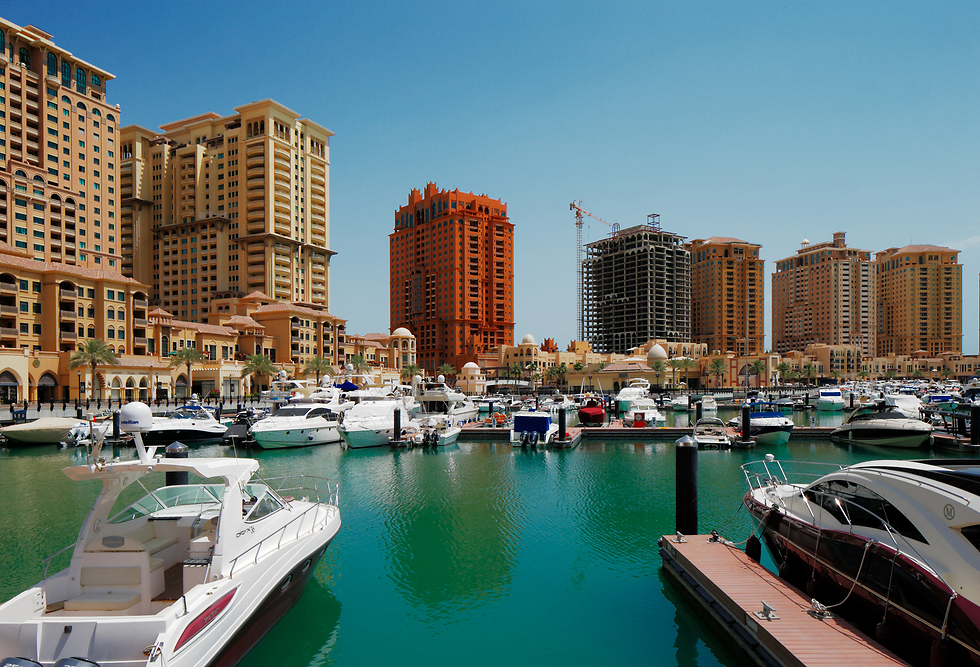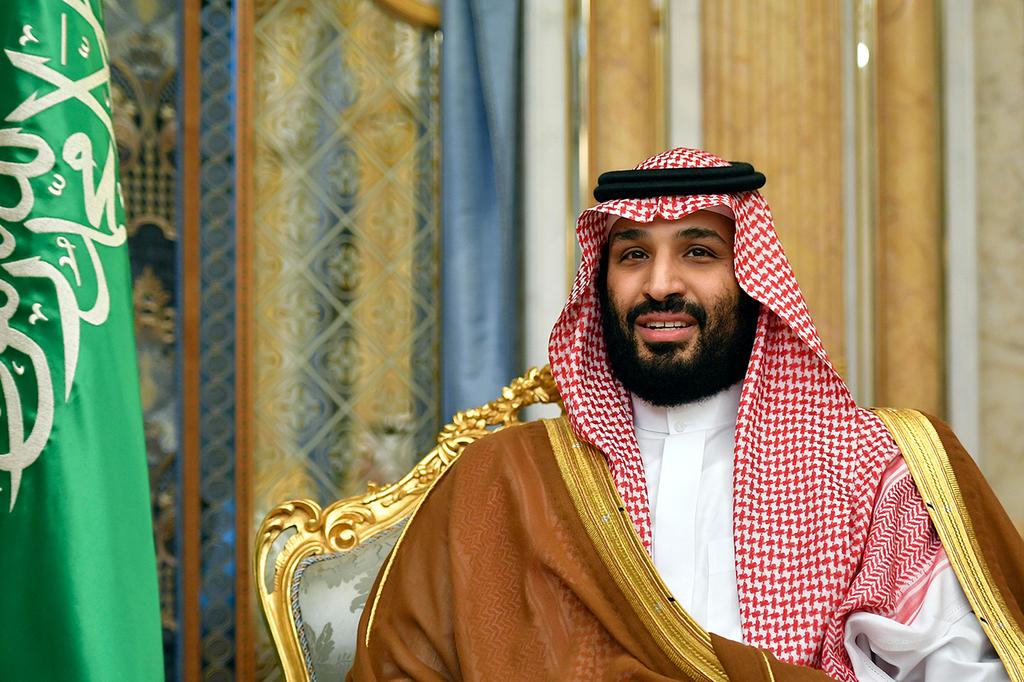Getting your Trinity Audio player ready...
Israel's normalization agreement with the United Arab Emirates (UAE) will have "a domino effect" in the region, with other Gulf states joining in the accord, said Rabbi Marc Schneier, a special adviser for the King of Bahrain Hamad bin Isa Al Khalifa.
"I predict that another Gulf state will normalize relations with Israel by the end of 2020," said Schneier, referring to Bahrain.
"I can't think of any other Gulf state or leader who is readier and who deserves the recognition than the King of Bahrain," he said, adding that Al Khalifa is deserving of recognition for his effort to promote peace.
With the help of the Bahraini king, the well-known New York rabbi has worked with the Council on American–Islamic Relations, a Muslim civil rights and advocacy group.
For decades, Schneier has been warmly welcomed in the palaces of Saudi Arabia, Oman, Bahrain, Qatar and the UAE.
Emirati Crown Prince Mohammed bin Zayed Al Nahyan has even personally told him that his dream is to visit Jerusalem.
"The Bahraini king always talked about his desire to form relations with Israel," Schneier said.
"He led the effort in the GCC to legislate Hezbollah as a terrorist organization and sent an interfaith delegation to Jerusalem following the U.S. decision to move the embassy to the capital city in a sign of solidarity and Bahrain was the one to host the Peace to Prosperity conference in June on the economic aspect of the White House's peace plan," he said.
"No other person is readier for this than he."
Asked whether Saudi Arabia could potentially sign an agreement with Israel, Schneier said that while Crown Prince Mohammed bin Salman is ready for such a deal, the issue is a "generational one."
"I know the [Saudi] crown prince is ready for relations with Israel. The older generation is just more conservative," Schneier said.
"I believe that the UAE and Israel's agreement will affect the younger generation in Saudi Arabia. It is merely a question of time ."
Scheier also did not rule out the possibility that Qatar, which is known as an economic ally of Hamas, might eventually get on the bandwagon.
"Qatar is the only Gulf state that openly works with Israel when it comes to cooperation and humanitarian and economic aid to the Gaza Strip – at Jerusalem's request," he said.
He also projected that Bahrain and Oman might also form relations with Israel, with Kuwait also a possibility.
Schneier said several issues helped the UAE deal come to fruition.
"With no tensions there is no deal," he said.
The first is the coronavirus pandemic. I have heard several Gulf officials saying that with Gulf states money and Israeli ingenuity, a vaccine could be found.
"The second is the issue surrounding the planned annexation of territory in the West Bank. It was important for the UAE to save the Palestinians from that. Without it off the table, there would have not been any peace. The third one is the Iranian threat."





